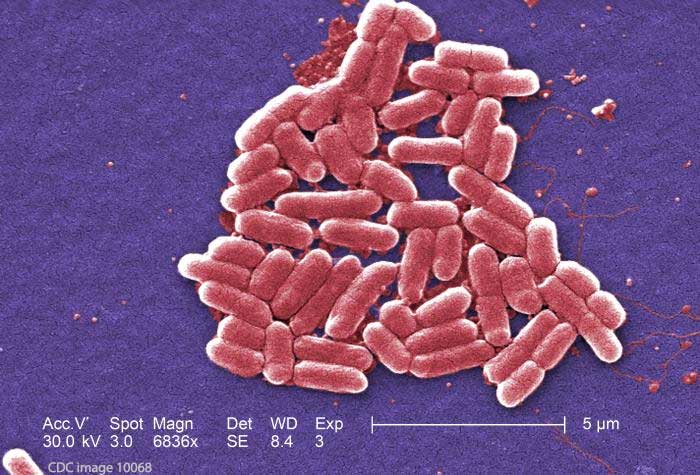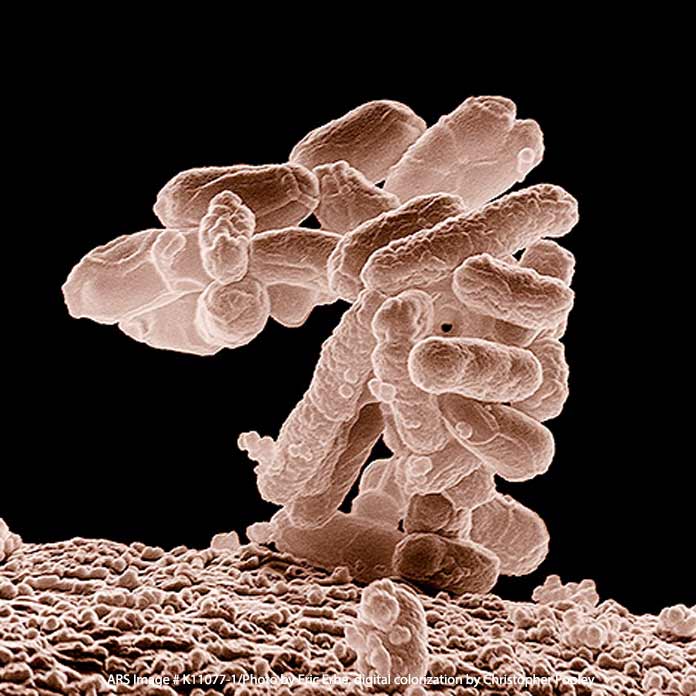Public health officials in Lebanon, Connecticut, have associated 14 cases of E. coli O157 infection with Oak Leaf Farm. Five of the outbreak victims have been hospitalized and two of those individuals suffered kidney failure, diagnosed with Hemolytic Uremic Syndrome (HUS). According to the Connecticut Department of Public Health, the E. coli investigation has been joined by the Centers for Disease Control and Prevention (CDC), the state Department of Agriculture and the Uncas Health District.

“The number of cases could increase in the near future,” the state health department said in a news release. Officials have not pinpointed the cause, but state health officials noted in a press release that six of the first seven people identified as outbreak victims had recently visited Oak Leaf Farm and come into contact with goats. The farm is one of the largest goat dairies in the state, selling various food items and soap derived from goat’s milk. The farm has been voluntarily closed to the public since the outbreak happened. It remained closed on March 28 when a team of CDC investigators made an on-site visit.
Connecticut Public Health Commissioner Raul Pino is encouraging anyone who visited Oak Leaf Farm in March to contact his agency by email or phone, even if they did not become ill. “Those calls, both from individuals who may have been sickened and from individuals who’ve had no symptoms, are highly valuable to our ongoing investigation,” Pino said.
Typical symptoms of toxic E.coli infection can include abdominal cramping, frequently bloody diarrhea, vomiting, and a low-grade fever. Symptoms usually resolve over several days. The best way to prevent the spread of infection is to wash your hands thoroughly after contact with animals and after going to the bathroom. E.coli can easily spread, especially among household members, without proper handwashing.
E. coli Causes Serious Injury and Death
E. coli and HUS can be fatal. Just this month, attorney Eric Hageman settled an HUS E. coli lawsuit for $1 million. In the case, Eric represented the family of a 2-year-old boy from Greenwood, South Carolina, who became infected by toxic E. coli and developed HUS. Tragically, the boy died from the disease and an investigation showed that the death could have been prevented. According to testimony in the lawsuit, a worker in the boy’s childcare facility was notified that she was positive for E. coli, but continued to go to work in violation of safety regulations. Her employer knew of her condition, according to evidence in the case, but did not notify the parents.
When the case was settled, the boy’s father said the HUS death lawsuit was never about money; it was about holding people accountable. The family of the deceased boy was dedicated to ensuring that the death of their boy was not in vain and that those responsible for operating daycares will follow the rules and will put the safety of children first.
